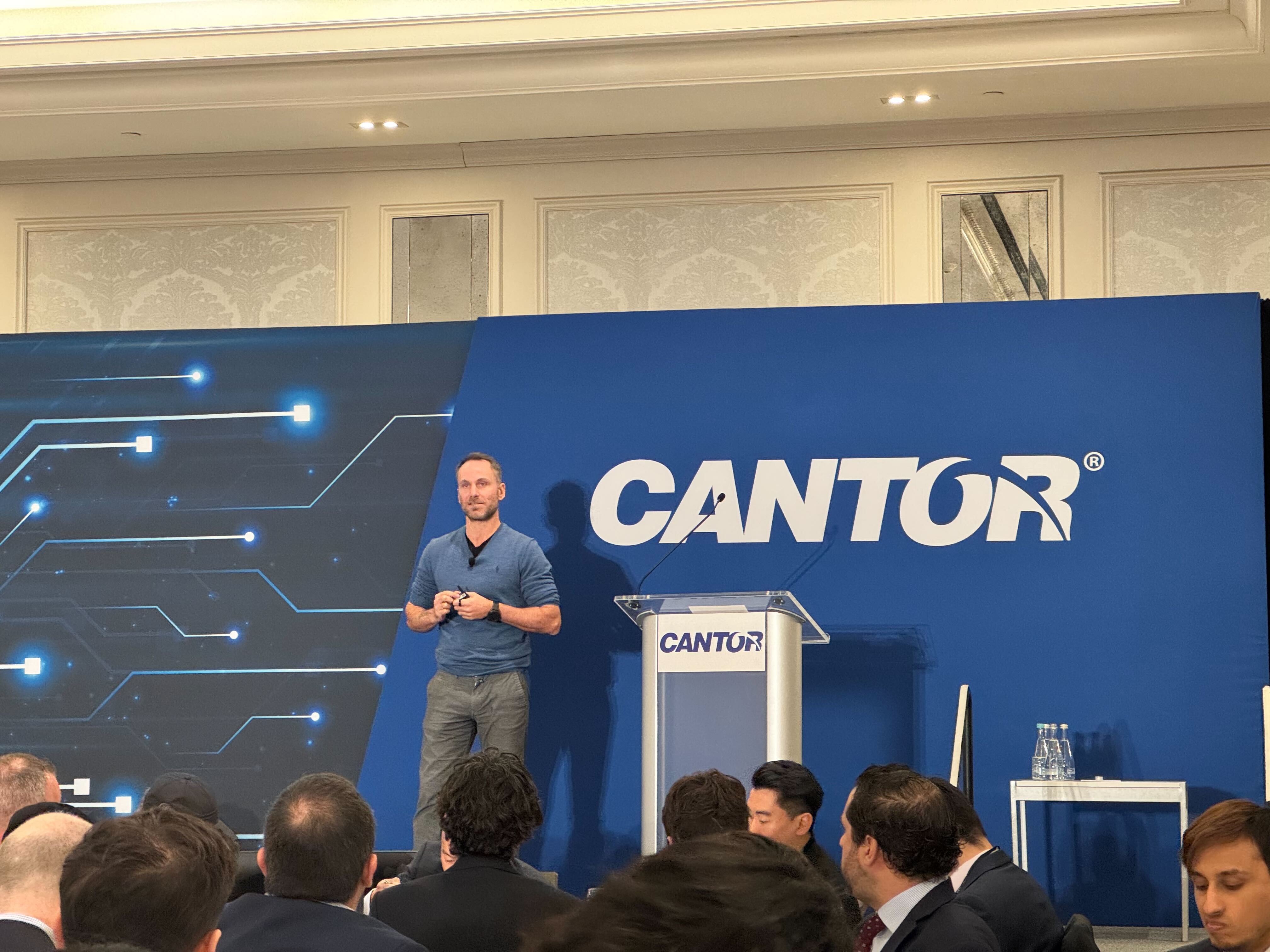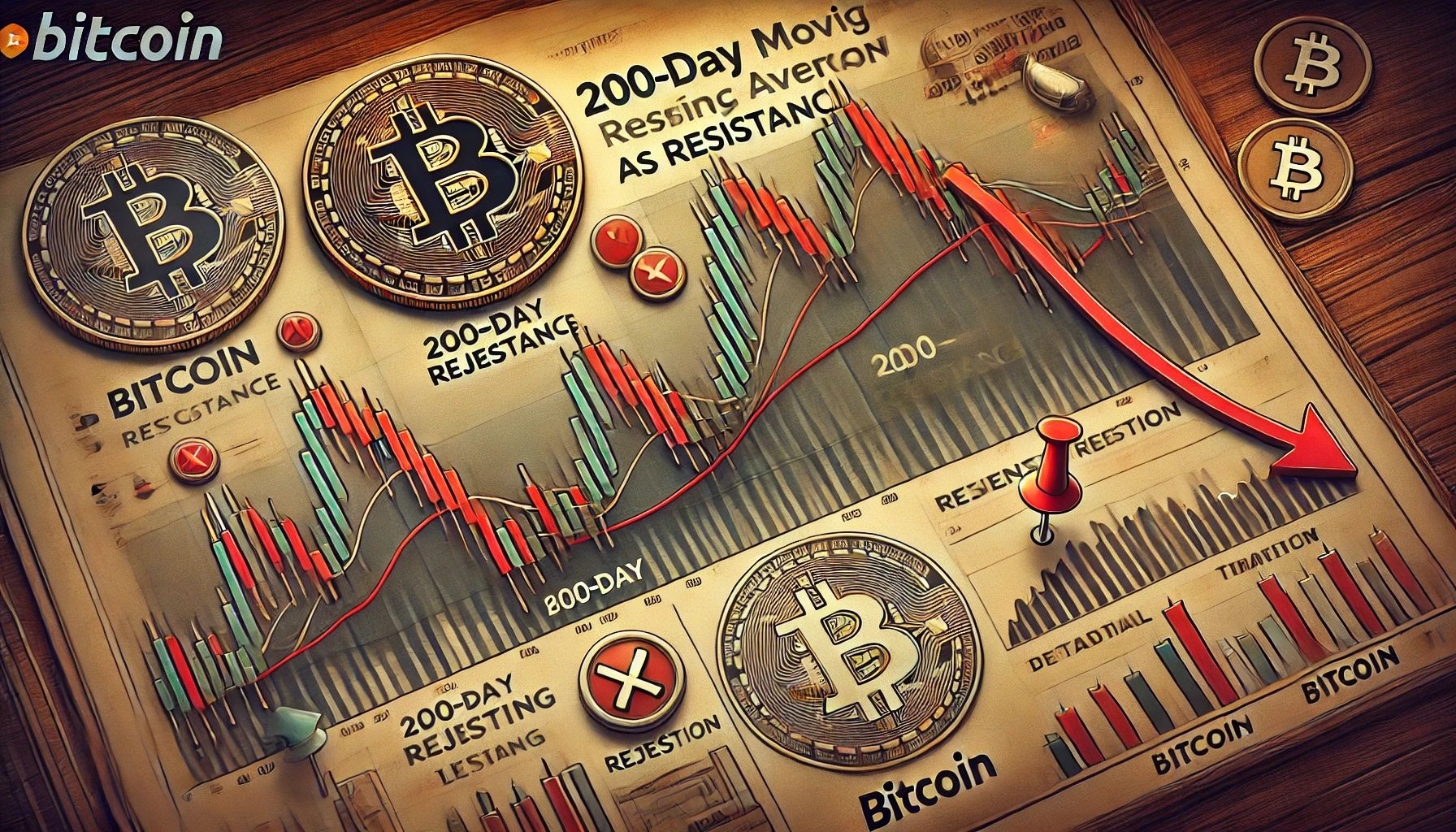ARTICLE AD
Plural aims to be a more effective partner for European startups than traditional venture capital funds.
Venture capital firm Plural has unveiled a €400 million ($436.4 million) investment fund, Plural Fund II, aimed at fortifying the European tech ecosystem. The money marks the second fund for the firm, signaling its commitment to supporting groundbreaking technology startups in the region.
In an announcement on Tuesday, the company outlined its mission to allocate the funds to “deep tech” startups across Europe, focusing on those capable of addressing intricate challenges such as nuclear fusion and precision medicine.
Plural to Invest in AI Companies
The company aims to compete with established funds like Atomico, Balderton Capital, and Creandum, boasting a founder-led focus. Plural started its investment journey in 2022 after the launch of its first Plural Fund, which amounted to €250 million.
Since then, Plural has offered financial backing to over 25 European companies and is planning to support more with the recent fund.
The company’s primary areas of interest include sectors such as artificial intelligence (31%), frontier technology (16%), and climate and energy (14%). Unlike other funds, Plural is not interested in conventional software-as-a-service companies but aims to support founders addressing fundamental scientific problems.
The firm, founded by experienced entrepreneurs and executives such as Taavet Hinrikus of Wise, Ian Hogarth of Songkick, Sten Tamkivi of Skype, and former CEO of Bigpoint Games Khaled Helioui, was established in 2021. Its founders believe in leveraging their entrepreneurial experience to be more than just financial backers.
Two or More Investments per Investor
Hinrikus told CNBC that Plural aims to be a more effective partner for European startups than traditional venture capital funds. He pointed out that only 8% of VCs in Europe have former founders, a stark contrast to the 60% in the United States.
Plural Fund II plans to make two to three investments per investor per year, focusing on what they call the “unemployable.” These individuals would not readily join a VC firm or be employable at a startup; each partner is an active angel investor.
“In our case, it is seen as a core criteria for choosing our partners that they’re totally unemployable,” Hinrikus said.
Hinrikus also said the Plural Fund II attracted a diverse group of limited partners, including British and American university endowments, US foundations, insurers, and strategic family offices in Europe and the United States.
Despite the challenging fundraising environment, Plural exceeded its target, indicating a robust appetite among institutional backers for European tech opportunities.
Carina Namih, a partner at Plural, said that raising such an amount of funds when funding is facing a significant downturn in Europe indicates that investors are recognising the opportunity in the region.
“The fact that, in a difficult fundraising environment, we’ve been able to raise funds of this scale, with a huge amount of appetite from L.P.S., just shows you that some of the most sophisticated investors in the world are really recognizing the opportunity in Europe.”
Namih expressed optimism about Europe producing major technology names comparable to US and Chinese giants, emphasizing the faster pace of technological breakthroughs, particularly in areas like AI. She believes emerging players can now dominate entirely new spaces, citing OpenAI’s ChatGPT as an example.
European Tech Sector Undergoes Transformation
The launch of Plural Fund II aligns with the growing startup activity in Europe over the last decade. A report from Accel revealed that unicorn firms, valued at $1 billion or more, have been catalysts for startup creation, with a significant number emerging from the fintech sector.
Harry Nelis, a partner at Accel, said that the European tech sector has transformed into an ecosystem over the past decade.
“In the last ten years, the whole ecosystem really has become an ecosystem, whereas before, we were just wild game hunting.”
He also emphasized the ease of starting a company now compared to the past, attributing it to accumulated expertise and establishing a supportive ecosystem.

 1 year ago
94
1 year ago
94 

